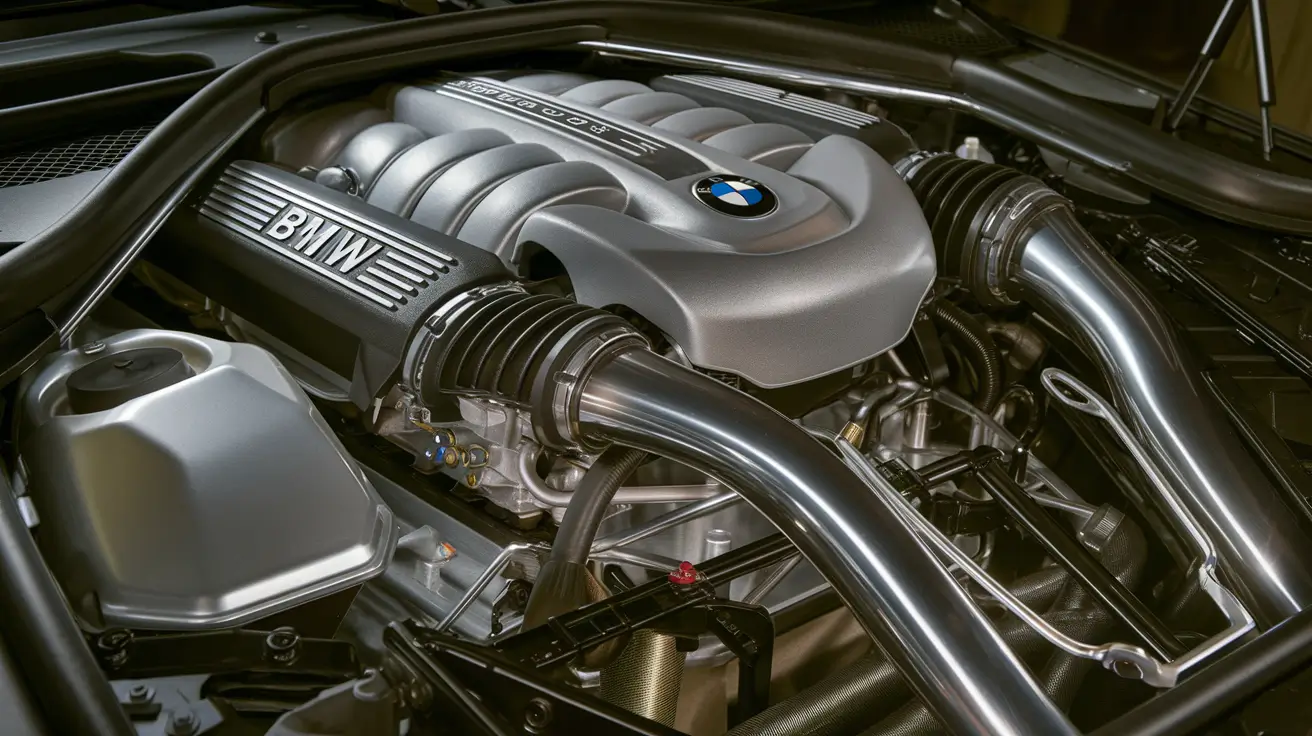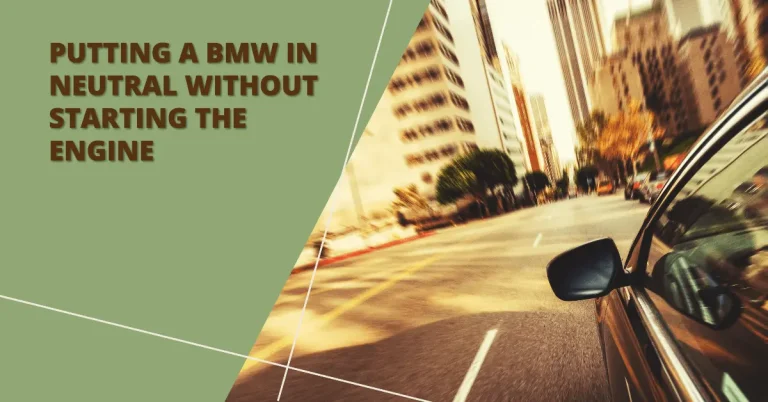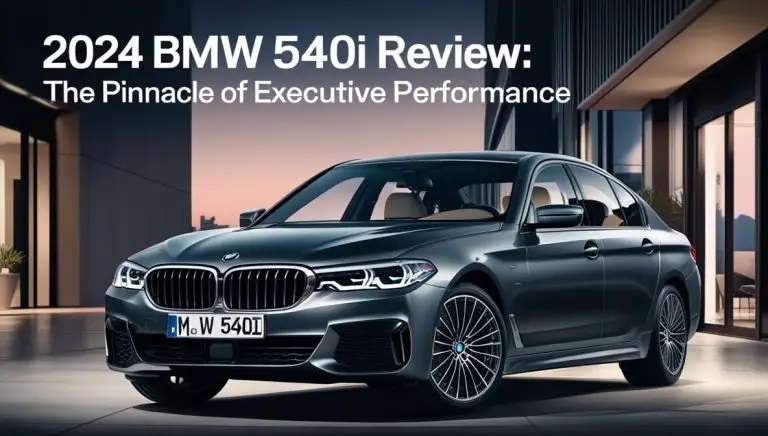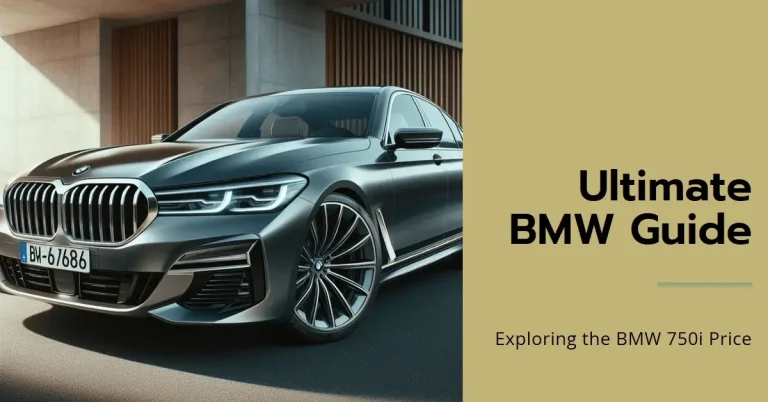Is the BMW 4.4l A Good Engine? A Detailed Analysis
The BMW 4.4L engine, also known as the N63, has been a key part of BMW’s lineup. It started in 2008 and is known for its great performance and power. This engine, with its twin-turbocharged V8 setup, is a symbol of luxury and high-performance cars.
It’s famous for its impressive horsepower and torque, ranging from 402 hp to 523 hp. This has made it a hit among car lovers. But, its reliability has raised some concerns. Some models have had oil leaks and turbocharger failures, affecting its performance and reliability.
Let’s dive into the BMW 4.4L engine’s details. We’ll look at its technical specs, performance, and common issues. This will give you a full picture of this powerful engine. With a 4.4 L displacement and 10:1 compression ratio, it’s built for top-notch performance.
But, its reliability and upkeep needs are key to consider. Whether you’re a car enthusiast or looking to buy, knowing the BMW 4.4L engine’s good and bad points is vital. We’ll check its performance, reliability, and value to see if it’s the right pick for you.
Technical Specifications of the BMW 4.4L Engine
The BMW 4.4L engine, also known as the N63 engine, is a V8 engine made from 2008. It has a displacement of 4.4L (4,395 cc) and a compression ratio of 10:1. The engine’s design, with a bore of 89mm and a stroke of 88.3mm, helps it produce impressive power and torque.
Power Output and Torque Ratings
The N63 engine specs show a horsepower range of 402 hp to 523 hp. The torque ranges from 443 lb-ft to 553 lb-ft. These numbers change based on the engine version and the car it’s in. The engine’s power and torque are tested using a dynamometer, which measures force at different RPMs.
Engine Architecture and Design
The BMW N63 engine has a “hot-vee” layout, with turbochargers inside the V of the engine. This design boosts performance and efficiency. It also has a valvetrain with VVT Dual VANOS, which optimizes engine performance and cuts emissions.
Fuel Delivery System
The N63 engine uses direct injection for fuel delivery. This system gives a more efficient and precise fuel supply. It improves engine performance, cuts emissions, and boosts fuel efficiency.
Some key features of the BMW N63 engine include:
- Displacement: 4.4L (4,395 cc)
- Compression ratio: 10:1
- Horsepower range: 402 hp to 523 hp
- Torque range: 443 lb-ft to 553 lb-ft
- Engine weight: 503 lbs
Performance Capabilities on Road and Track
The BMW 4.4L engine is a powerhouse on the road. It can produce from 402 horsepower to 523 hp, depending on the model. This engine accelerates from 0 to 60 mph in under 5 seconds, making driving a thrill.
The engine offers a smooth and responsive ride. Its torque, ranging from 443 lb-ft to 553 lb-ft, makes acceleration easy. Whether you’re cruising or taking on twisty roads, the BMW 4.4L engine provides an unmatched driving experience.
Some key features of the BMW 4.4L engine’s performance capabilities include:
- Fast acceleration: 0-60 mph in under 5 seconds
- High horsepower output: up to 523 hp
- Impressive torque: up to 553 lb-ft
- Smooth and responsive ride
The BMW 4.4L engine is perfect for those who love a thrilling drive. Its exceptional acceleration, high horsepower, and impressive torque make every drive unforgettable.
| Engine Variant | Horsepower | Torque | 0-60 mph |
|---|---|---|---|
| N63B44O0 | 402 hp | 443 lb-ft | 4.8 seconds |
| N63B44T3 | 523 hp | 553 lb-ft | 4.2 seconds |
Common Problems and Solutions
The BMW 4.4L engine, mainly in early models, faces several reliability issues. High oil consumption is a big problem, often due to valve stem seal leaks. Turbocharger failures and timing chain issues also occur, making regular maintenance key.
Common N63 engine problems include high oil use, timing chain failure, and fuel injector issues. BMW has fixed these with new solutions. These include replacing timing chains and adjusting oil service intervals. Keeping up with maintenance is vital to avoid these problems and extend engine life.
Timing Chain Issues
Timing chain problems are a big worry for the N63 engine. Early models, like 2008-2013, are more likely to fail. But, newer models, like N63TU, have made some improvements. Regular maintenance, like replacing timing chain guides every 150,000-200,000 miles, can prevent these issues.
Coolant System Concerns
Coolant system problems, like leaks and failures, can harm the N63 engine’s performance and reliability. It’s important to check the coolant system often and fix any problems quickly to avoid engine damage.
Oil Consumption Patterns
High oil use is another common issue with the N63 engine. BMW has introduced new valve guides to help reduce oil consumption. Regular oil changes and watching oil levels can also help spot and fix oil use problems.
Turbocharger Reliability
Turbocharger reliability is a concern for the N63 engine. Despite updates, turbocharger failures can happen. Keeping up with maintenance, like monitoring turbocharger performance, can help prevent these issues.
| Engine Model | Reliability Issues | Solutions |
|---|---|---|
| N63 (2008-2013) | High oil consumption, turbocharger failures, timing chain issues | Regular maintenance, replacing timing chain guides, new valve guides with tighter clearances |
| N63TU (later iterations) | Addressed some reliability issues, but some problems remain | Regular maintenance, monitoring of coolant system, addressing oil consumption issues |
Maintenance Requirements and Costs
To keep your BMW 4.4L engine running well, regular maintenance is key. This includes oil changes, spark plug changes, and coolant flushes. It’s important to use high-quality fuel, oil, and coolant to avoid damage.
BMW 4.4L maintenance has different service intervals, and costs vary. The average annual maintenance for a BMW 545i is about $1302. Maintenance and repair costs can range from $105 to $3424, with an average of $430. Here are some specific services and their estimated costs:
- Oil changes: every 5,000 miles
- Spark plug changes: every 30,000 miles
- Coolant flushes: every 50,000 miles
- Headlight Bulb – Driver Side Low Beam Replacement: $212.02 – $280.07
- Clutch Slave Cylinder Replacement: $496.35 – $796.17
Regular inspections and quick action on issues can help control repair costs. Using top-quality parts and sticking to service intervals can also reduce the need for expensive repairs. By focusing on BMW 4.4L maintenance and keeping up with service intervals, you can enjoy a smooth ride and save on repair costs.
| Service | Estimated Cost |
|---|---|
| Oil Pressure Sensor Replacement | $211.05 – $281.80 |
| Variable Valve Timing (VVT) Solenoid Replacement | $649.67 – $1130.97 |
| Window Motor/Regulator Assembly – Passenger Side Rear Replacement | $1513.62 – $2747.50 |
Fuel Economy and Efficiency Analysis
The BMW 4.4L engine is known for its strong performance. But how does it do in terms of fuel economy and efficiency? The BMW 750i xDrive with the N63tu engine gets 18 miles per gallon (mpg) on average. It also scores 15/22 mpg in city and highway driving, respectively. This info gives us a clear picture of the engine’s fuel efficiency.
Many things can change how much fuel a car with the BMW 4.4L engine uses. These include how you drive, the roads you’re on, and how well you maintain your car. To get a better idea of the engine’s fuel efficiency, let’s look at some important numbers:
- City driving: 15 mpg
- Highway driving: 22 mpg
- Combined: 18 mpg
In real-world driving, the BMW 4.4L engine’s fuel economy can vary. This depends on the car model and driving conditions. But with regular maintenance and smart driving, you can get good gas mileage and efficiency from this engine.
City Driving Statistics
In city driving, the BMW 4.4L engine uses more fuel. This is because of the stop-and-go traffic and slower speeds. Yet, its advanced fuel system and design help it achieve good fuel economy ratings.
Highway Performance Data
On the highway, the BMW 4.4L engine benefits from its high torque and efficient gearing. It gets a combined fuel economy rating of 18 mpg. This shows a good balance between power and efficiency.
Real-world Consumption Reports
In everyday driving, the BMW 4.4L engine’s fuel economy can vary. This depends on your driving style, the roads, and how well you maintain your car. By looking at these reports, you can understand the engine’s fuel efficiency better. This helps you make choices to improve your fuel economy.
| Vehicle Model | City MPG | Highway MPG | Combined MPG |
|---|---|---|---|
| BMW 750i xDrive | 15 | 22 | 18 |
| BMW 750i | 16 | 24 | 19 |
Model Years and Evolution
The BMW 4.4L engine has seen big changes over the years. The first N63 engine came out in 2008 and lasted until 2014. Then, the second generation, N63B44O1, was introduced from 2014 to 2019.
Later, updates like N63TU2, N63TU3, and N63B44T3 brought more improvements. These updates fixed old problems and made the engine stronger. Some key updates include:
- Increased power output and torque ratings
- Enhanced fuel efficiency and reduced emissions
- Improved engine reliability and durability
BMW has worked hard to make the 4.4L engine better with each update. This knowledge helps buyers choose the right model year for them.
Is The BMW 4.4L A Good Engine for Daily Use
Thinking about the BMW 4.4L as your daily driver? It’s important to look at owner experiences and how reliable it is over time. The N63 engine usually lasts around 100,000 miles. But, some owners might see more or less time before facing big issues.
To figure out if the BMW 4.4L is good for daily driving, we need to check a few things. We should look at reliability scores, how happy owners are, and reports on how long it lasts. These details help us understand how well the engine works and what challenges it might bring.
Reliability Scores
Most people say the BMW 4.4L engine is reliable. But, some common problems do pop up. Issues like timing chain problems and coolant system issues can happen. Keeping up with maintenance and fixing problems quickly can help avoid these issues.
Owner Satisfaction Rates
Many owners are very happy with the BMW 4.4L engine. They love how it performs and how smoothly it runs. Some have driven it a lot without any big problems. How well you take care of it, where you drive, and the car’s condition all play a part in how satisfied you’ll be.
Long-term Durability Reports
Reports show the BMW 4.4L engine can handle daily driving well. With the right care and maintenance, it can last for years. Remember, regular oil changes, timely repairs, and following maintenance schedules are key to its long-term durability.
Resale Value and Market Performance
The BMW 4.4L engine is famous for its strong performance and reliability. This boosts the resale value of cars with this engine. Things like the model year, maintenance history, and reputation are key. For example, cars with lower mileage tend to be more valuable because they show less wear.
Some BMW models, like the X5 and X3, hold their value well. This is because they are popular and perform well. The demand for these models is high, which can slow down their depreciation. Knowing this can help when buying or selling a car with the BMW 4.4L engine.
Important things to think about for resale value include:
- Model year and its impact on technology and features
- Maintenance history and its effect on the vehicle’s condition
- Overall reputation of the model and its demand in the market
By looking at these points and understanding market demand and depreciation, buyers and sellers can feel more confident. This way, they can make the most of the BMW 4.4L resale value.
Conclusion
The BMW 4.4L engine, also known as the N63, has both good and bad points. It offers great power and a smooth ride. But, it also has common problems that upset many owners.
This V8 engine is powerful, making BMW’s top models fast and strong. Yet, it often has timing chain issues, coolant leaks, and uses too much oil. These problems hurt its reputation for lasting long.
Looking at both sides, the BMW 4.4L engine is a tricky choice. If you love speed and a fun drive, you might like it. But, if you want a car without problems, you might look elsewhere.
Keeping the engine in good shape is key. Regular checks and quick fixes can help it last longer. Whether or not to choose this engine depends on what you value most in a car.







